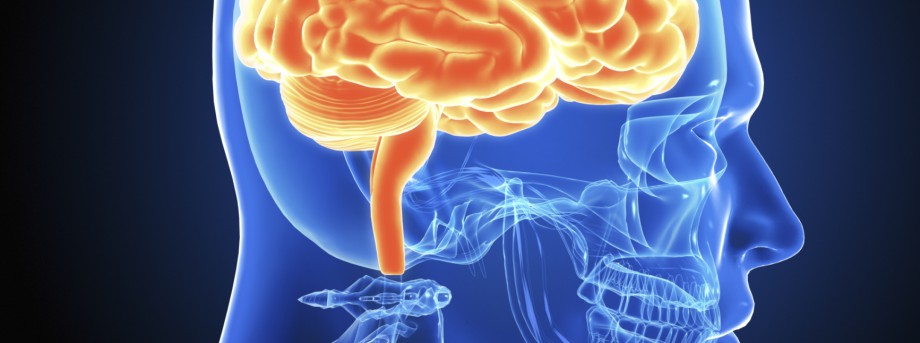The University of Nottingham
 Exchange online
Exchange online
Research Exchange
Finding the perfect balance — regulating brain activity to improve attention

Researchers from The University of Nottingham have found that balanced activity in the brain’s prefrontal cortex is necessary for attention.
The research helps to make sense of attention deficits in people suffering from cognitive disorders — like schizophrenia — who often find it hard to sustain their attention. This has a significant effect on many aspects of their lives, including the ability to follow conversations, drive a car and hold down a job.
The paper — Too little or too much: hypoactivation and disinhibition of medial prefrontal cortex cause attentional deficits — is published in The Journal of Neuroscience.
Activity in a healthy brain is controlled by inhibitory signals between neurons. The research shows that disrupting this healthy inhibition may be just as bad for attention as reducing neuron firing. It is often assumed that increasing brain activity has cognitive benefits, but the findings show that this is not always the case.
The research was carried out by a team in the University’s School of Psychology and involved inhibiting or disinhibiting the prefrontal cortex in rats and monitoring the effect. The researchers found that both of these extremes resulted in attentional deficits and that the ability to pay attention required an appropriate balance where neuron-firing was kept within a certain range.
Schizophrenia and attention deficits
Studies of the brain in people with schizophrenia suggest aberrant neuron-firing in the prefrontal cortex. There is evidence that neuron firing in this part of the brain is often too high or too low.
Dr Tobias Bast, who led the study together with first author Dr Marie Pezze, said: “The implication of our findings is that the abnormalities we see in the prefrontal cortex of schizophrenia patients, for example, are indeed a plausible cause of the attention deficit these patients have.
“It also means that if we want to treat this pharmacologically, we can’t just boost activity of the prefrontal cortex or inactivate it, because that would actually result in an impairment. What we need to do is look at restoring balance of activity through drugs which keep the activity within a certain range.”
Cognitive deficits associated with schizophrenia
In people with schizophrenia, cognitive deficits — such as problems with attention — are less striking than other issues associated with the disorder, such as hallucinations, but are nevertheless a major problem.
Dr Bast said: “Initially people focused on the so-called ‘psychotic symptoms’, including hallucinations and delusions, so that’s what probably comes to mind when you think of schizophrenia. They have been in the fore because they have been so striking and that’s why referrals are made. But these can be treated, at least in a large proportion of patients, by using anti-psychotic medication, which we have had since the late 1950s.
“The problem is that unfortunately anti-psychotic drugs don’t improve cognitive deficits which are very debilitating, affecting many aspects of the patients’ lives. Cognitive deficits are a big problem and something that is currently not treated so finding something that helps this is really important.”
What’s next?
The researchers plan to study new treatments to improve attentional problems caused by imbalanced brain activity. In addition to schizophrenia, such treatments may also help in other cognitive disorders where disrupted control of brain activity has been implicated, including in the early stages of Alzheimer’s disease.
The paper was written by Dr Bast with Dr Pezze and PhD student Stephanie McGarrity from the University’s School of Psychology, alongside Dr Rob Mason, and Professor Kevin Fone from the School of Life Sciences. The research was funded by the Leverhulme Trust, the Royal Society and The University of Nottingham.
Tags: attention, brain balance, Dr Marie Pezze, Dr Tobias Bast, prefrontal cortex, psychology, schizophrenia
Leave a Reply
Other

Top prize for quantum physicist
A University of Nottingham physicist has won a prestigious medal from the Institute of Physics for […]

Zero carbon HOUSE designed and built by students comes home
Design and construct a low cost, zero carbon, family starter home, transport it to Spain, build […]